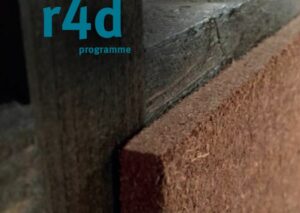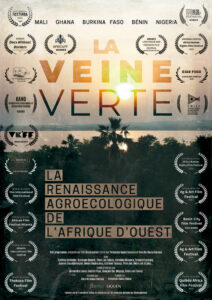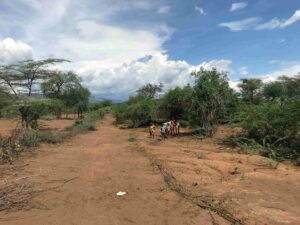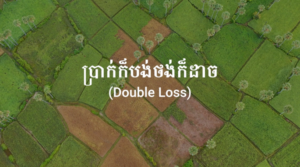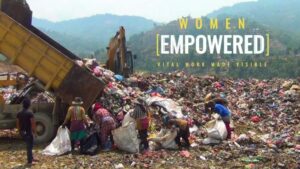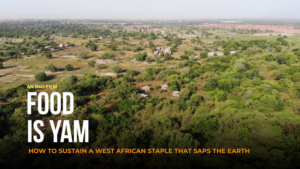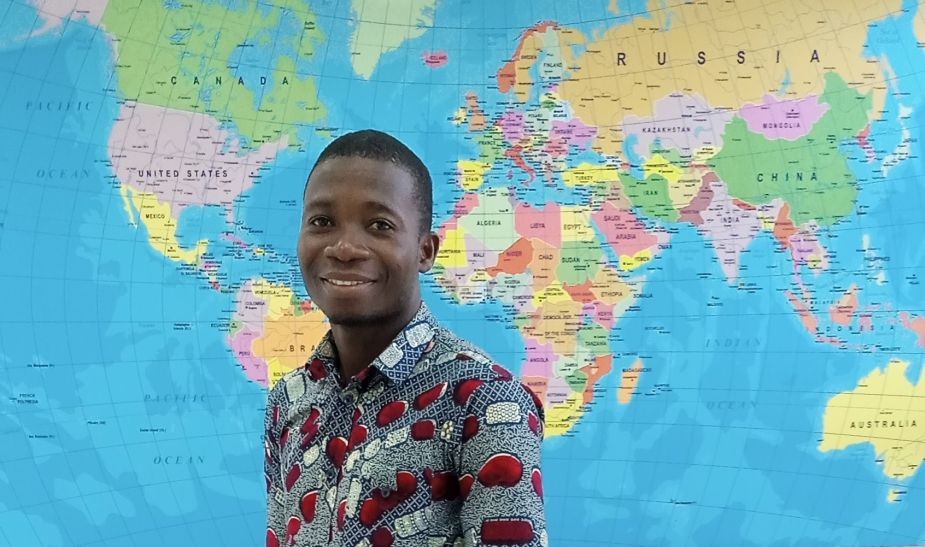
Young talents in West Africa invest into a sustainable future
Many young Africans are well educated and motivated to play an active role in shaping the change towards a sustainable, local economy and agriculture. It is worthwhile to valorise this potential. Sometimes a competition can work as the initial spark.
With Noël Obognon from Benin it was the other way round. The 28-year-old first built up his business and then was awarded second out of 420 participants in a start-up competition for innovative, young entrepreneurship in West Africa in the end of 2019. In June 2020 he was one of the winners of the Challenge des 1’000, a competition in the frame of the Sommet Afrique-France 2020. “After six years of studying agriculture, I wanted to put the results of my research to good use and bring them to the people,” says the successful CEO. He was a student in the r4d projectInsects as Feed in West Africauntil 2017, where he is still 50 percent employed as a research assistant.
Together with three other university graduates, Obognon founded the cooperative “Agro-Eco Services” in 2018. The business model is based on his master’s thesis. His field of research is the production of compost using different fly larvae that carry out the decomposition work. He is investigating how additions of animal manure or green waste affect the production and quality of the compost. Obognon also investigates how the respective compost affects the growth of different plant cultures.
Fast procedures, great demand
He implements the technology rated best. It delivers good quality and is fast: “We are six times faster than natural decomposition processes,” says Obognon proudly. In addition, his soils are rich in important nutrients. Agro-Eco Services produces 120 tonnes of compost and 4 tonnes of larvae annually, but demand is ten times higher. He puts the turnover at 25,000 US dollars per year: “We sell at very fair prices, half the price of our chemical competitors.” The customers are farmers who want to get out of the vicious circle of expensive synthetic fertilisers and decreasing soil fertility. Obognon would like to have his production process legally protected, but he still needs the necessary money for this.
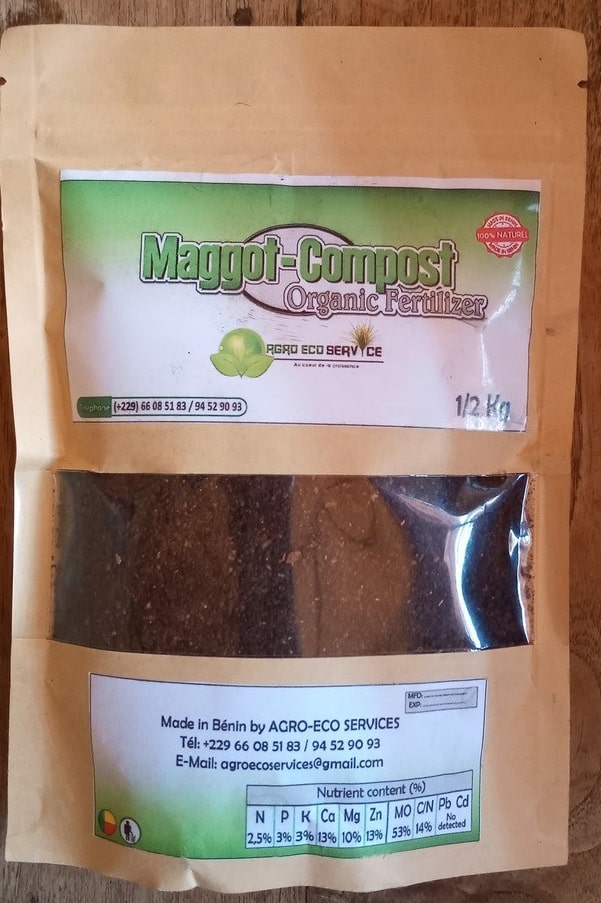
Picture 1: Organic fertiliser made in Benin, produced by Agro-Eco Services.
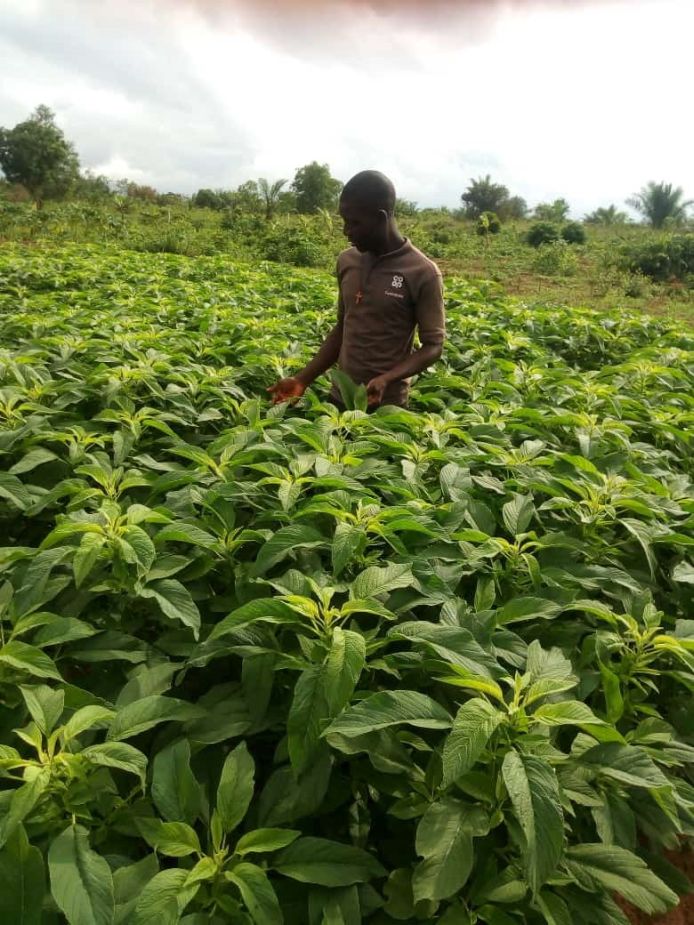
Picture 2: Field visit assessing the effectiveness of the organic fertiliser.
Impressive quality and commitment
“Competitions are a good way of spreading new ideas,” says Fernando Sousa, lead of the r4dFood Systems Caravan, with conviction. On its journey, the caravan team met around 250 students and invited them to seek creative solutions to Africa’s agricultural challenges.
According to Sousa, it was not easy to choose the winning teams. “Actually, all the projects should be realised,” he says, hoping that money can still be raised for them. He was impressed by the quality, creativity and commitment of the ideas submitted.
In the end, four student projects were selected as equal winners (see box). Each project receives 1000 Swiss francs, which are earmarked for the implementation of the projects. A detailed budget was already part of the submission. It was also agreed that the students would write an interim and a final report and document the progress of the project photographically. “Otherwise, they are 100 percent autonomous and not bound to any of our r4d research projects,” says Sousa.
In photos, the young winners proudly hold their certificates up to the camera. This self-confidence is good ground for Africa’s future. The fact that three of the four winning projects come from Benin is hardly a coincidence, says Fernando Sousa: “Benin is very progressive when it comes to agro-ecological projects. A real source of hope.”
Noël Obognon puts it this way: “We want to base Benin’s agriculture on rational, healthy and sustainable land management. At the same time, we have this vision for the whole of Africa.” He is currently looking for investments of 200,000 US dollars to switch from manual to industrial production to meet the great demand. By 2022 he wants to expand his business to Burkina Faso, Ghana and Togo.
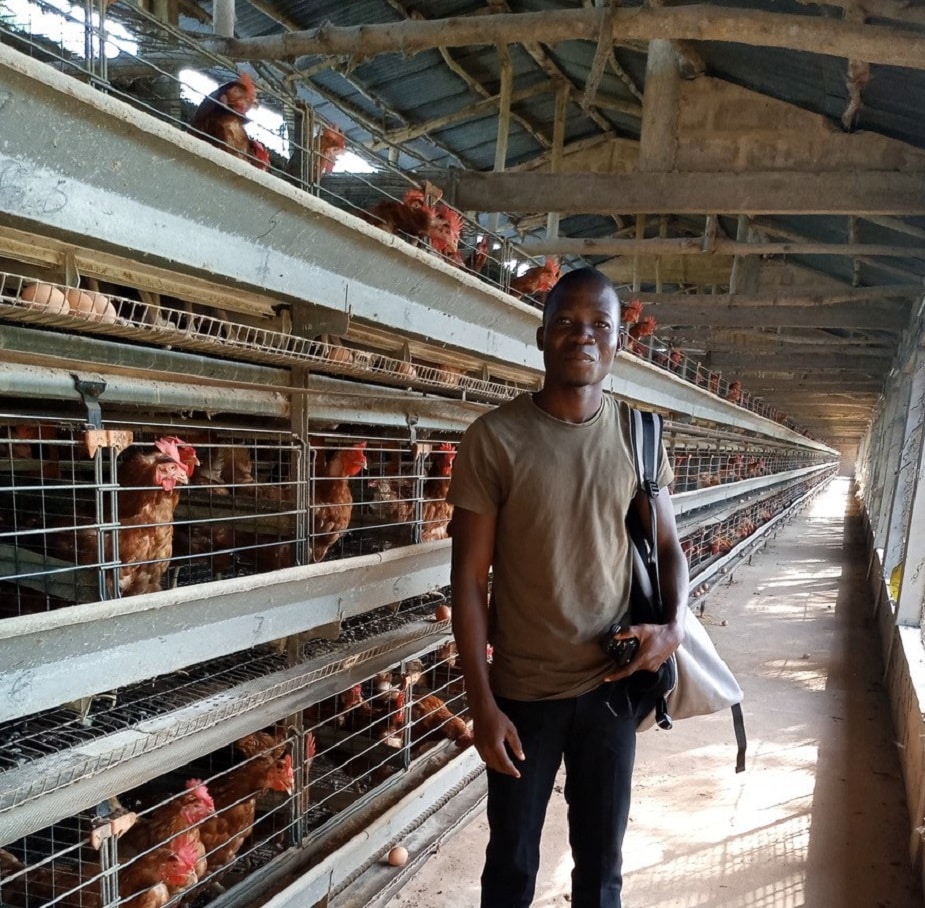
Picture 3: Noël Obognon, young entrepreneur from Benin and CEO of Agro-Eco Services, at a chicken farm. Chicken contribute manure for the compost production and feed on maggots provided by the start-up company.
Students as change makers
These four projects are the winners of the student competition initiated by the Food Systems Caravan 2019/2020.
The aim of the project from Ghana is the regeneration of eroded soils, which are the outcome of years of forest overuse. The population is to be sensitised to the important role of trees for healthy soils. In addition to the planting of trees, the project includes songs that are played on the radio and convey the message as catchy tunes.
Grand-Popo is a narrow coastal strip in Benin with many small vegetable gardens. Many gardeners want to work organically, but don’t know how. The students want to change this with a demonstration plot. In a domino system of ever new demonstration gardens, biological techniques of fertilisation and parasite control are bound to spread.
The second group from Benin is not developing a model garden, buta model farm. Their guidelines are adaptation to climate change, regeneration of the soil and promotion of biodiversity. Regional farmers can attend courses on the farm and take home “Bonnes pratiques” (good practices) adapted to the local context.
A variety of leafy vegetables are traditionally important food in West Africa. Students in northern Benin grow leafy vegetables organically on an agricultural experimental field of their university. By selling the plants at low prices and organising information events, they want to sensitise their fellow students to healthy, pesticide-free food.
Related Posts
The Green Vein: Agroecology Rising in West Africa
WOMEN EMPOWERED: Vital Work Made Visible
Sources
Contacts:
Noël Obognon, obognonnoel@gmail.com, University Abomey-Calavi, Benin
Fernando Sousa, fernando.sousa@fibl.org, Research Institute of Organic Agriculture (FiBL), Food Systems Caravan West Africa
Projects:
r4d project Sustainable Use of Insects to Improve Livestock Production and Food Security in Smallholder Farms in West Africa (IFWA);
http://www.insectsasfeed.org; http://www.r4d.ch/modules/food-security/insects-as-feed
r4d Food Security Synthesis Food Systems Caravan West Africa;
https://foodsystemscaravan.org;
https://www.facebook.com/foodsystemscaravan/
http://www.r4d.ch/r4d-programme/synthesis
